L'ère du vide (The Age of the Empty) - By Gilles Lipovetsky
Category: Literature
Date: February 2023
Views: 600
"L'ère du vide" (The Age of the Empty) is a thought-provoking book by the French philosopher and sociologist Gilles Lipovetsky. Published in 1983, the book analyzes the cultural and social changes that took place in the late 20th century and predicts the direction in which our society is heading
Era of individualism
Lipovetsky's main argument is that we live in a time of profound transformation, where individualism and the pursuit of pleasure have become the dominant values of our culture. In this new era, people are no longer driven by collective values or ideals but rather by the search for personal happiness and fulfillment
"In the hypermodern era, individuals want to live their lives to the fullest, to experience as much pleasure as possible, to enjoy every moment, to satisfy all their desires, to explore all possibilities. In this context, everything must be entertaining, stimulating, and gratifying. Boredom is the ultimate sin, and people are constantly seeking new sensations, new experiences, new products, new forms of entertainment. This pursuit of pleasure is not just an individual choice, but a social obligation. Everyone is expected to be happy, successful, and fulfilled. And if they are not, they are considered failures, losers, or unhappy."
This passage encapsulates the main thesis of the book, namely that the hypermodern era is characterized by a new form of individualism that emphasizes the pursuit of pleasure and the gratification of desire. The passage also highlights the societal pressure to conform to these individualistic values and the consequences of not doing so. Overall, this passage is a powerful critique of contemporary culture and an invitation to reflect on the nature of our desires and the values that guide our lives.
The pursuit of pleasure
The author argues that this new form of individualism has led to a society where the pursuit of pleasure is the ultimate goal. People are more concerned with their own happiness and well-being than with the welfare of society as a whole. This, in turn, has led to a culture that is characterized by a lack of depth, meaning, and substance
According to Lipovetsky, this "age of the empty" is a product of several factors, including the decline of traditional religion and the rise of consumerism. He argues that people have become so obsessed with material possessions and instant gratification that they have lost sight of the spiritual and moral values that once guided their lives
Mass Media dirven society: superficiality and instant gratification
The author also discusses the impact of the media and technology on our society. He argues that the proliferation of mass media has led to a culture of superficiality and instant gratification, where people are bombarded with a constant stream of information and entertainment. This has led to a society where people are more interested in "sound bites" and quick fixes than in deeper, more meaningful forms of communication
Spirituality and Religion are the cure
Despite its pessimistic tone, "L'ère du vide" is not without hope. Lipovetsky suggests that it is possible for society to overcome the challenges of the "age of the empty" by rediscovering its sense of purpose and meaning. He argues that this can be achieved through a renewed focus on spirituality and the cultivation of deeper human relationships
Overall, "L'ère du vide" is an important work of social criticism that raises important questions about the direction of our society. While some of the author's arguments may be controversial, the book offers a valuable perspective on the cultural and social changes that have taken place in the last few decades. It is a must-read for anyone interested in the future of our society and the role of individualism in shaping our culture
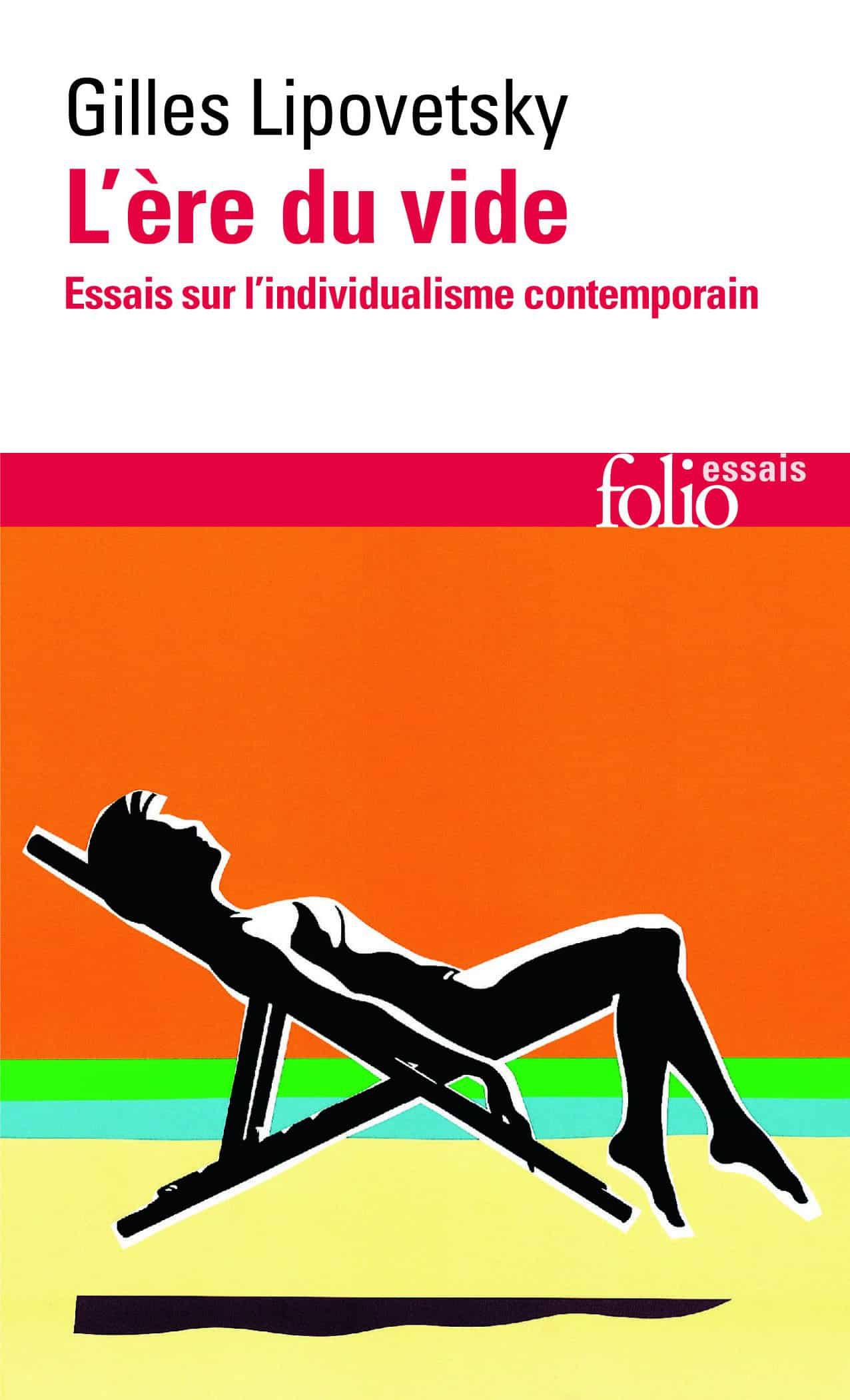
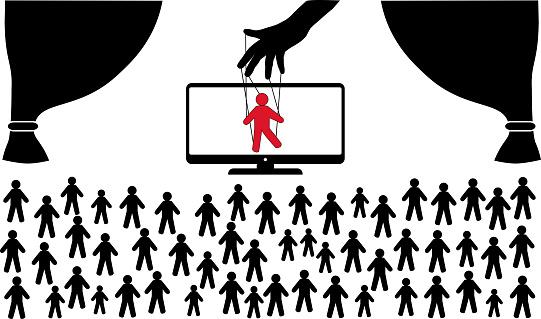
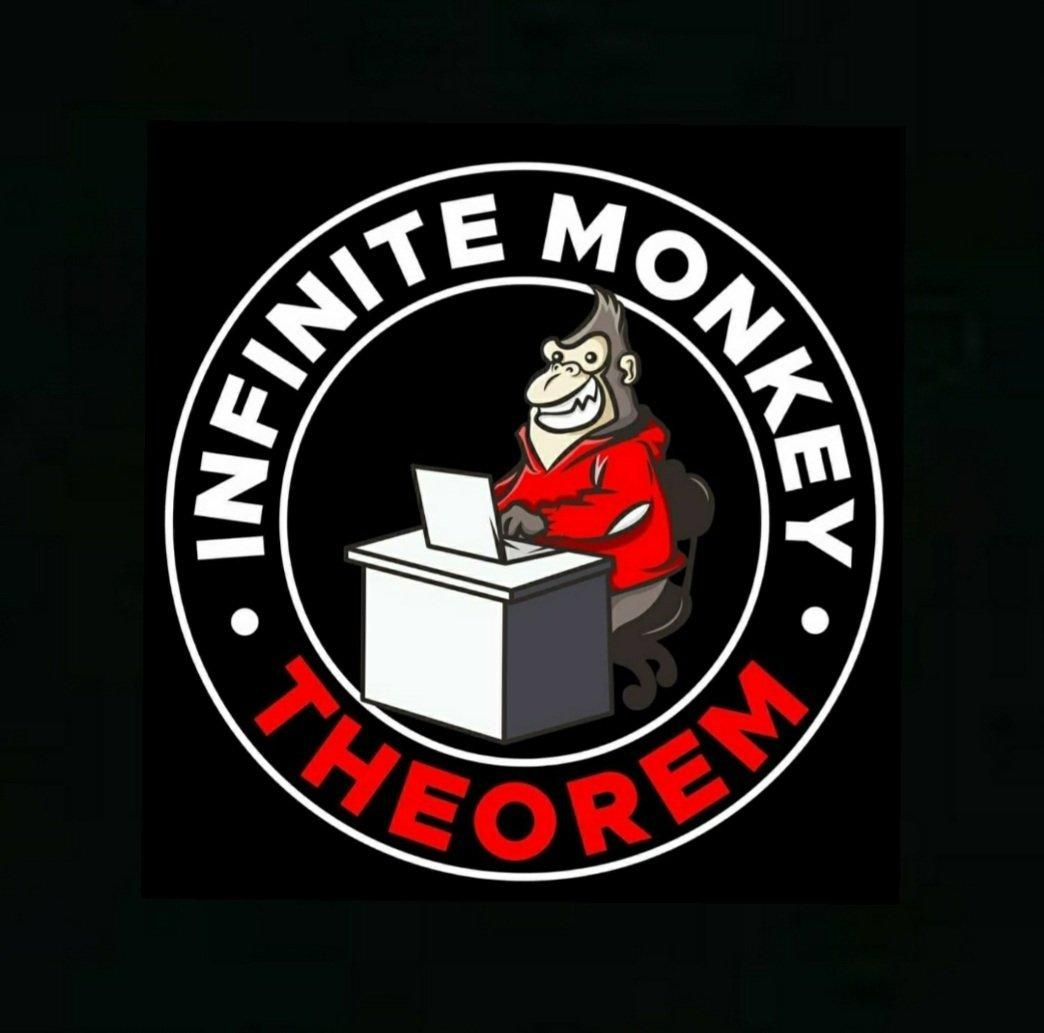
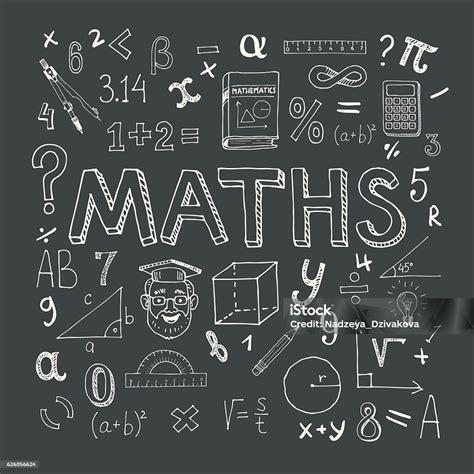

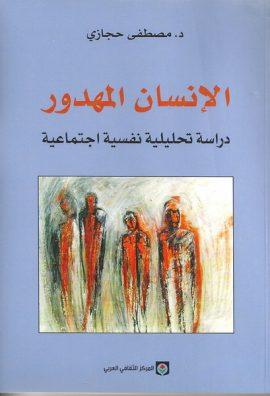


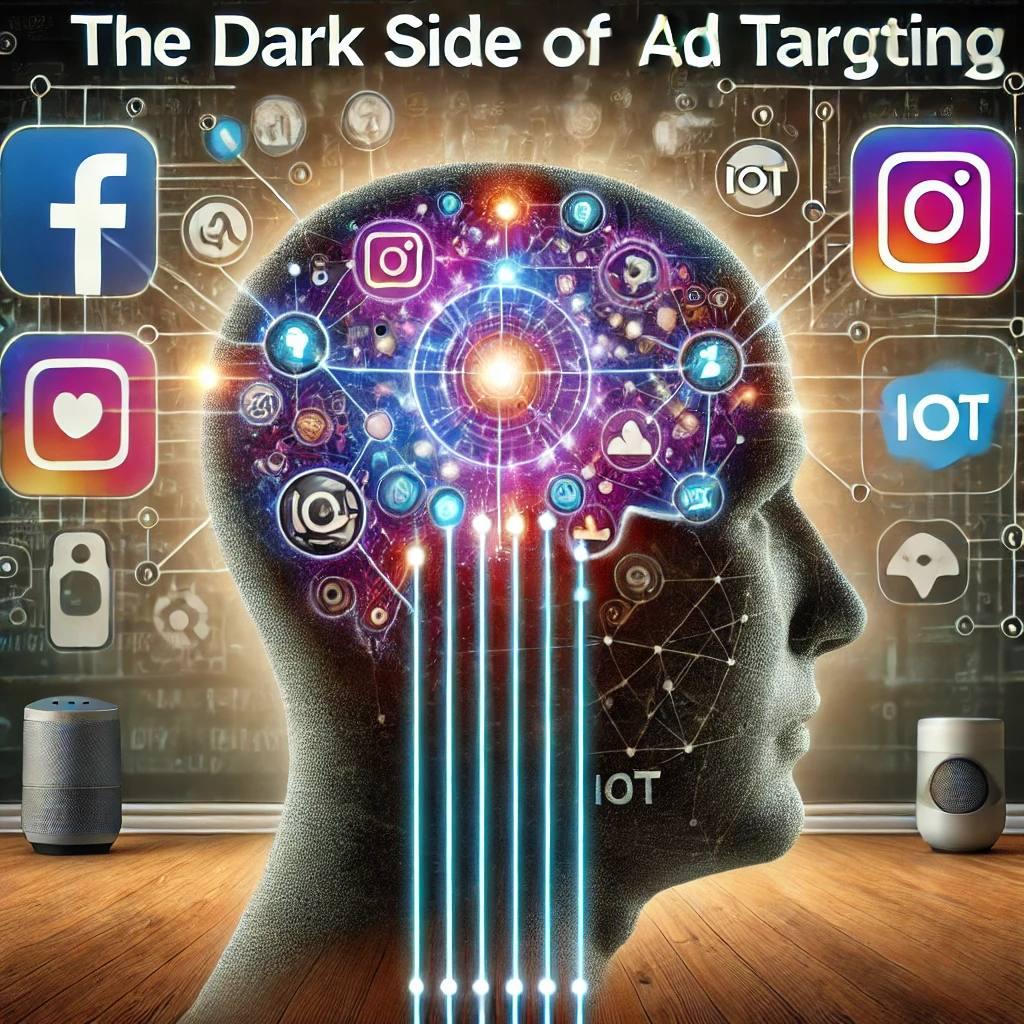
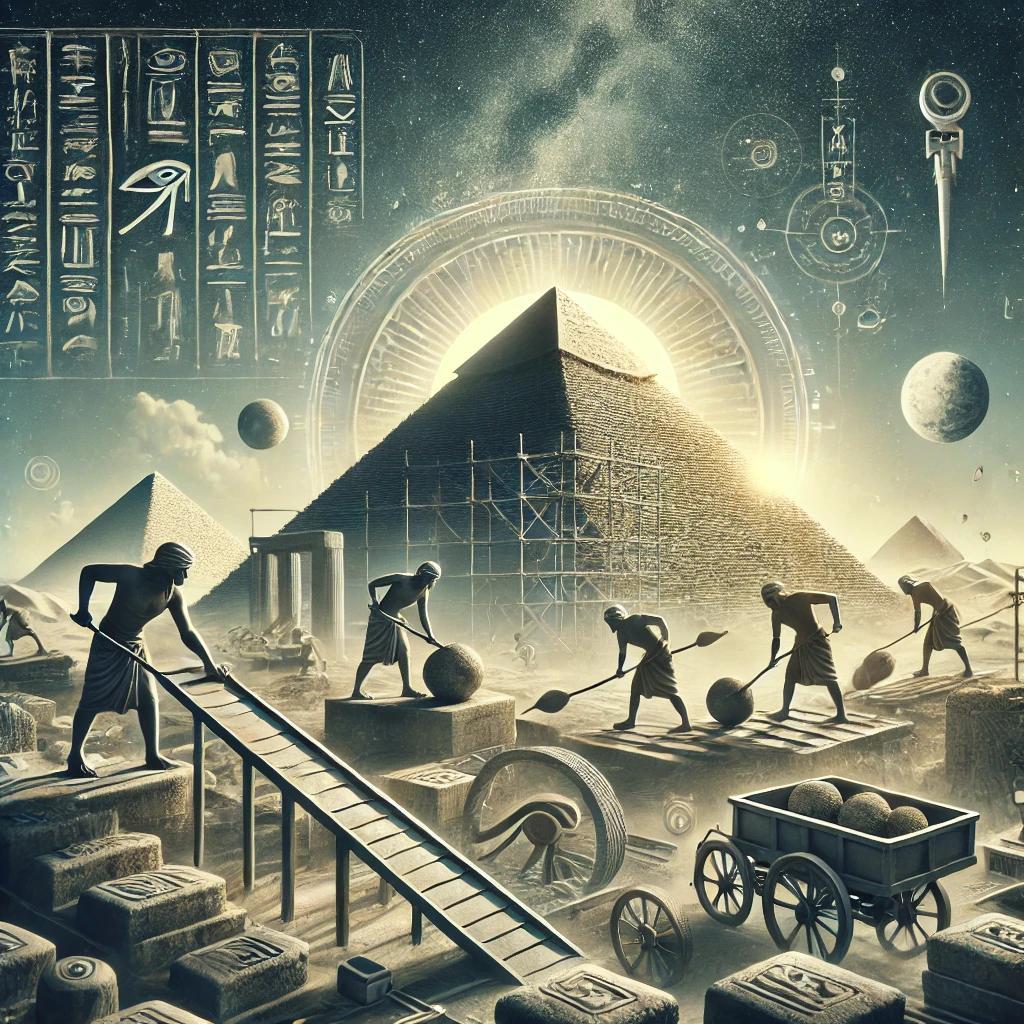
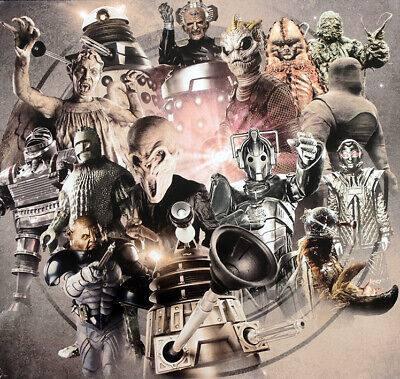
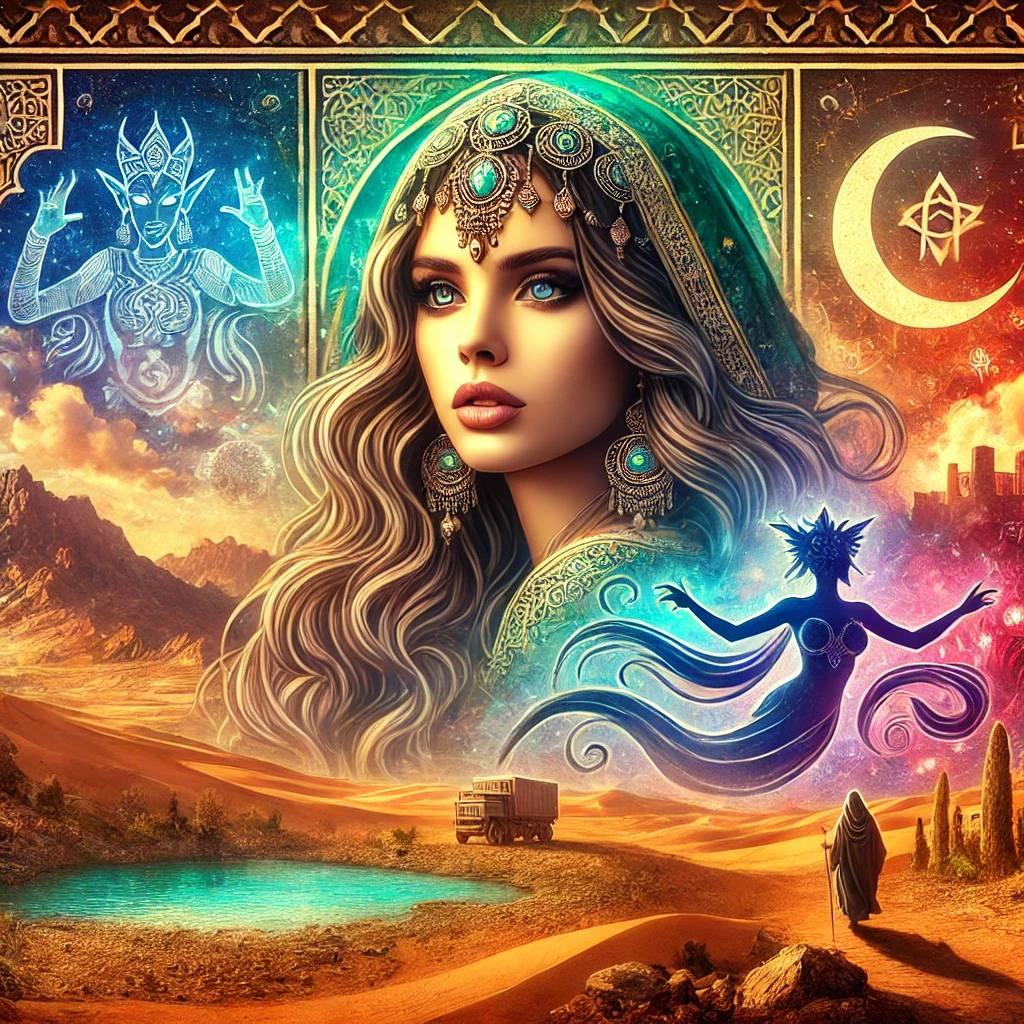
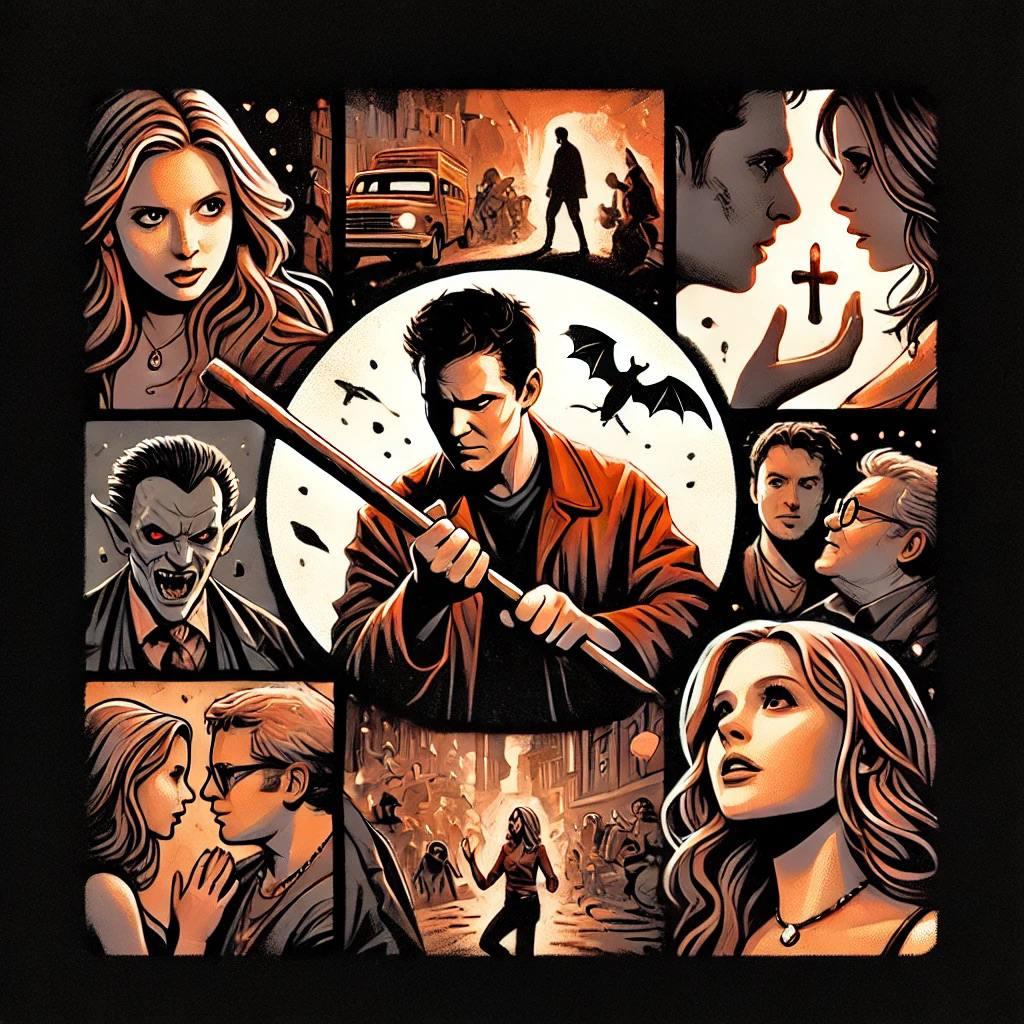







0 Comments, latest
No comments.